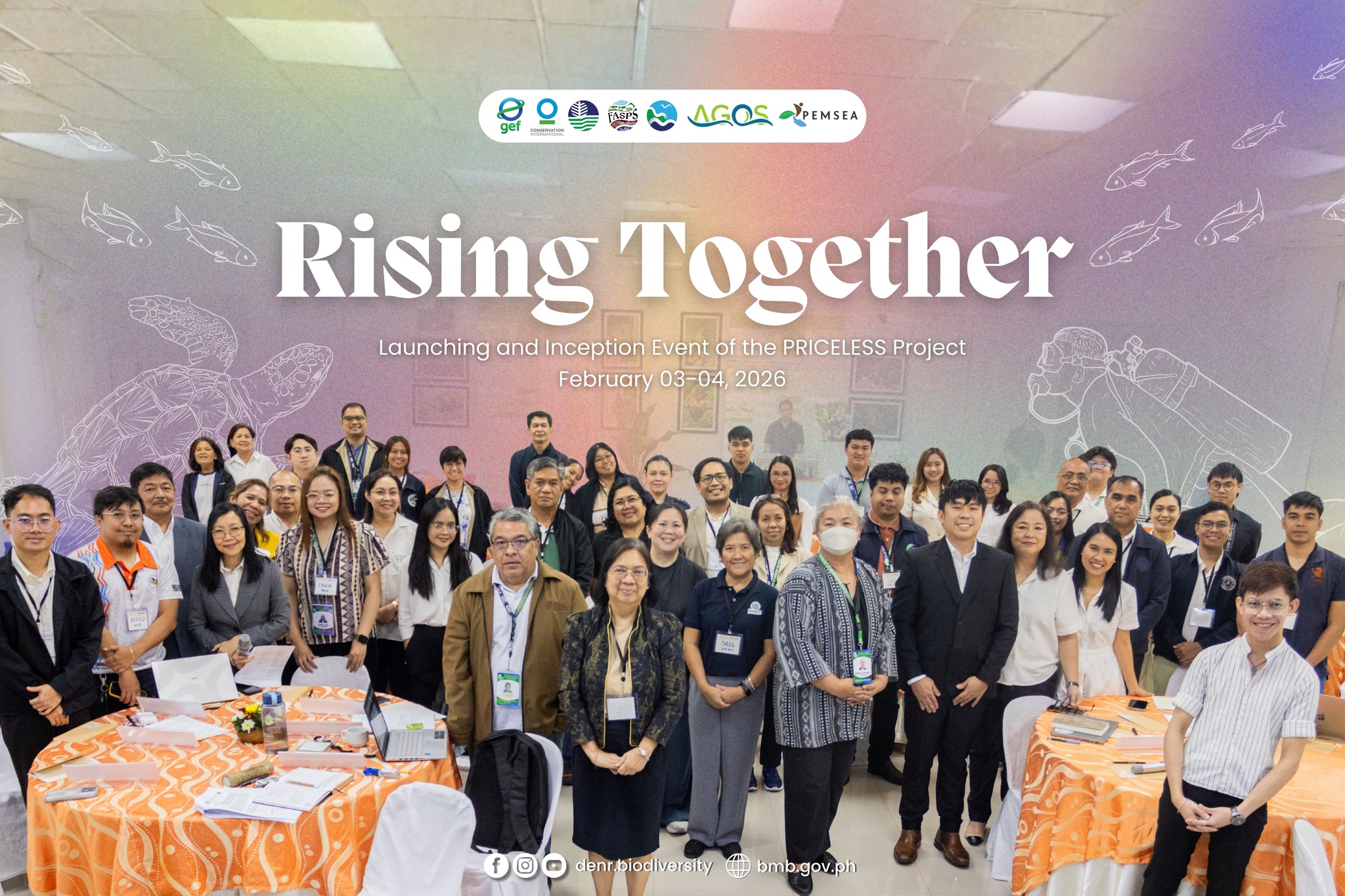Timor Leste’s Road to a National Oceans Policy
Monday, 4 September 2017

The Government of Timor Leste has announced its commitment to the development and adoption of a National Ocean Policy by the end of the year. The new policy will guide “an integrated approach to managing the activities in their national coasts and ocean territory.” The Policy has six objectives:
1. Working together: the country is collaborating across jurisdictions, allows for the exchange of knowledge, data, ideas, skills, and experience, and recognizes and considers local customary law, national law, and international and regional commitments.
2. Securing national jurisdictions and exercising sovereign rights over our oceans: maintaining and protecting the rights of Timorese people to equitably and sustainably use and manage their marine natural resources.
3. Our future: targeting a diverse Blue Economy based on the sea.
4. Strengthening our natural defense: protecting, maintaining and restoring coastal and ocean resources and ecosystem services.
5. Investing in our people: developing the capacity of Timorese to engage in ocean-based development and protection through research, education and capacity building.
6. Climate change vulnerability, adaptation and mitigation: increasing the resilience of vulnerable communities and resources to current and future climate risks, incorporating management of climate risks into policy, plans and investments and reducing, avoiding or sequestering greenhouse gas emissions.
The policy document was developed through a series of workshops in Timor Leste involving an inter-agency and multi-sectoral Policy Development Working Group, with the support of the PEMSEA Resource Facility (PRF) and a team engaged by the PRF from the Australian National Centre for Ocean Resources and Security (ANCORS). The draft NOP will be presented to Timor Leste’s Council of Ministers for adoption, followed by the preparation of an implementation plan.

Inputs to the NOP include results from the workshops with the Policy Development Working Group and other stakeholders in Dili, Timor-Leste from April 2017.
A mechanism for implementing the NOP at the local level
One of the key strategies proposed in the NOP is the development and implementation of integrated coastal management (ICM) programs at the local level. ICM programs will be used to address key threats to Timor Leste’s coastal and ocean areas and resources. Timor Leste’s ICM program is being implemented in the municipalities of Dili, Manatuto and Liquiça. The three municipalities have completed their risk and vulnerability assessments, are currently developing their local State of the Coasts (SOC) reports and will initiate the development of their respective Coastal Strategies and Coastal Strategy Implementation Plans (CS/CSIP). These outputs will provide guidance on how ICM can enhance the implementation of management programs to address priority concerns at the local level, in support of the implementation of the NOP.
A tool for monitoring and evaluation of NOP implementation
Simultaneous to the development of the NOP, Timor Leste is also in the process of preparing a National State of Oceans and Coasts (SOC) Report. The report will consolidate data and information on the status, uses and services of coastal and ocean areas and resources of the country, and the contribution of their sustainable use to national economic development (i.e., Blue Economy development). The SOC reporting system was identified as one of the monitoring and evaluation tools for the NOP implementation.
A Synthesis of National and Local Efforts in support of SDG 14
The development of an NOP, local ICM programs and SOC reporting system illustrate Timor Leste’s commitment to achieving SDG 14 in the country through holistic, integrated and participatory approaches. At the national level, the NOP serves as a blueprint for implementation. At the local level, the development of ICM programs serves to demonstrate and test approaches for implementation of the NOP. The preparation of national and local SOC reports sets the baseline for monitoring progress and achievements arising from the implementation of the NOP at both national and local levels. Timor Leste’s continuing development of the NOP, local ICM programs and its SOCs demonstrates that the government is serious in its commitment to achieve SDG 14.
*Timor Leste is a PEMSEA Partner Country. PEMSEA is assisting the Government of Timor Leste with NOP development, SOC preparation, and development implementation of ICM programs in Manatuto, Liquica and Dili.




